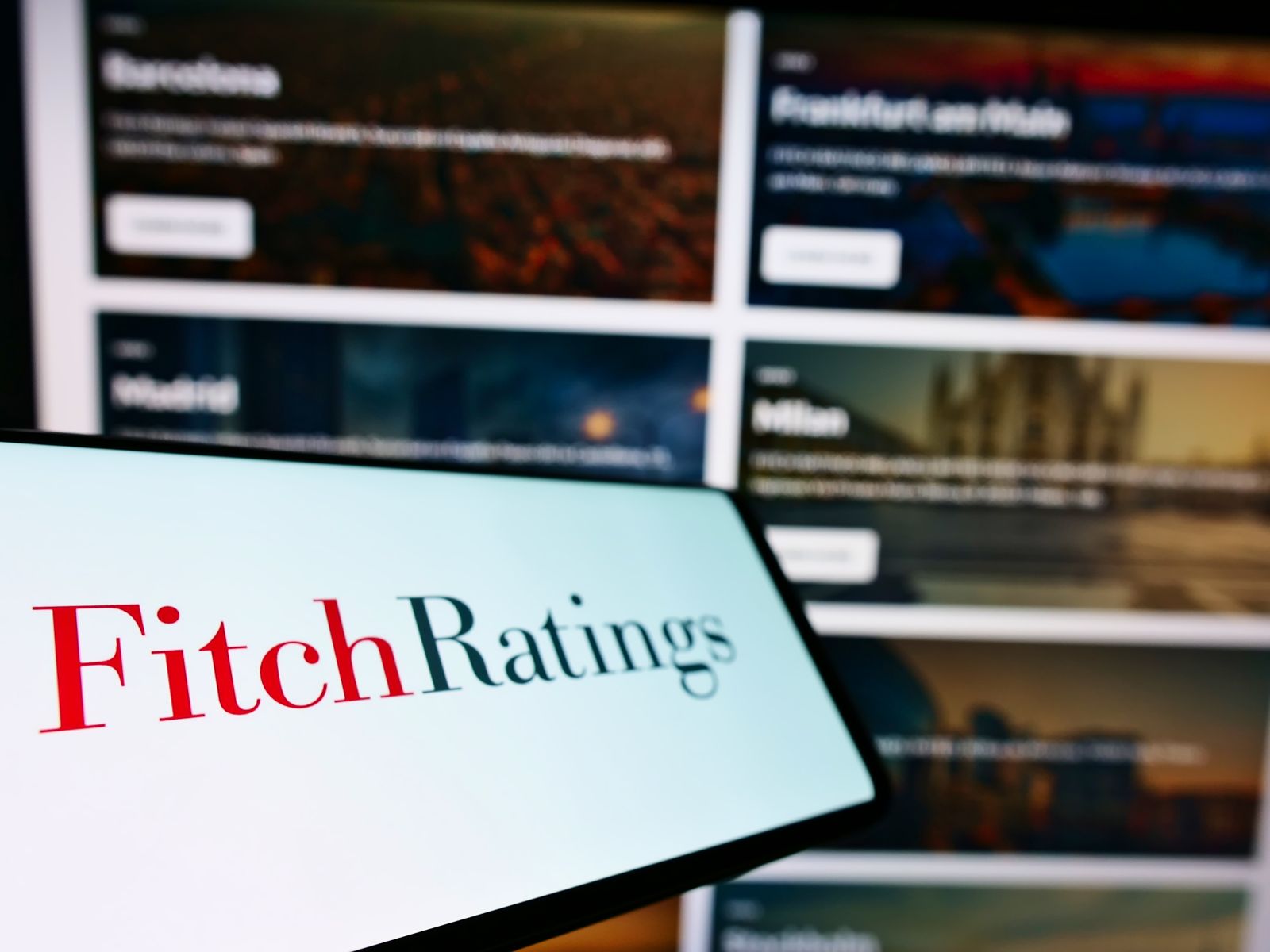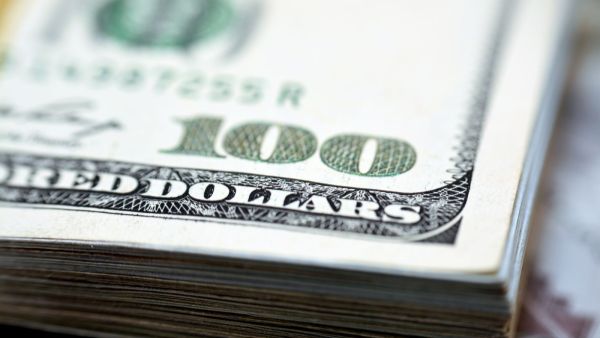Averting default maybe not be enough, US debt ceiling crisis continues
ALBAWABA – The United States (US) is still on the negative watch list of major credit rating agencies around the world, even though the US debt ceiling deal was passed by Congress and signed by President Joe Biden, Reuters reported Sunday.
Repeatedly in May, the Treasury Department warned of a possible default, in that the US would be unable to pay all its bills on Monday if Congress fails to act by then.
Nonetheless, "the risk of a downgrade is exacerbated every time Congress flirts with the debt ceiling," Calvin Norris told Reuters, portfolio manager and US rates strategist at Aegon Asset Management.
According to a Reuters analysis, whether or not the country avoided defaulting on debts and payments is not the only factor that comes into their credit rating.
Rating agencies could look at the way the negotiations around the government's borrowing cap were handled, in addition to fiscal considerations, Reuters analysts said.
In the 2011 debt ceiling crisis, rating agency Standard & Poor's stripped the United States of its coveted AAA rating a few days after Washington narrowly averted a default.
Credit rating may suffer implications of US debt ceiling crisis
S&P reported heightened political polarization and insufficient steps to adjust the US fiscal outlook.
The standoff between the US Administration and Republican House of Representative blocs carried out for weeks.
Damages to the economy from the 2011 and 2013 US debt ceiling standoffs were thorough.
Without the political uncertainty that came with them, the US Gross Domestic Product (GDP) would have been $180 billion higher, according to a 2021 Moody’s Analytics study.
The study also highlighted that there would have been 1.2 million more jobs in the US.
On the other hand, delays in raising the debt limit in 2011 led to an increase in the Treasury’s borrowing costs of about $1.3 billion that year, said the US Government Accountability Office.
The US credit rating stands at AAA, AAA, and AA+, with the three major rating agencies, Fitch, Moody’s, and S&P, respectively.
In the wake of the 2011 US debt ceiling battle, despite having also avoided a default, S&P downgraded the United States’ credit rating from AAA to AA+.
One agency changing their rating may not have had a significant effect on the US, Reuters claimed, but another downgrade will certainly affect the overall average credit rating of the US.
That would have a resounding impact, the news agency confirmed.

Today, Fitch and other smaller agencies are in fact reviewing their US credit ratings.
On Friday, Fitch announced their rating of the US will remain on negative watch despite the debt deal.
A pattern of US debt ceiling bickering and near default misses seem to be emerging in this latest decade or so.
According to the agency’s statement, the repeated political standoffs and last-minute debt limit suspensions lower "confidence in governance on fiscal and debt matters."
Investors and financiers use credit ratings as a metric, among others, to assess the risk profiles of governments and companies.
Generally, the lower a borrower's rating, the higher the cost of borrowing is for them.
Treasury bills at risk of US debt ceiling crisis aftershock
However, it is unlikely that the US Treasury Bonds’ rating will be downgraded, Reuters reported.
According to Olivier d'Assier, head of applied research in APAC at Qontigo, a downgrade could affect the use of Treasuries as collateral, but he considered that a very small probability.
"When the dust settles, the U.S. sovereign bond market will still be the place to go for extra liquidity, simply because there isn’t any other bucket large enough to contain it," he said.
Regardless, even should the Treasury’s bonds rating be downgraded, d’Assier argued that it will still be a stronger bond than a commercial security.
"I think anyone would take a single A Treasury over AAA commercial paper," he said.
After the 2011 S&P downgrade, US stocks tumbled and the impact of the rating cut was felt across global stock markets. Paradoxically, US Treasuries rose, Reuters confirmed.
In the 2013 debt ceiling crisis the legislative standoff did not cause a rating downgrade, although Fitch placed its rating under review. It did, however, cause an estimated $38 million and $70 million increases in borrowing costs according to a Government Accountability Office report.







